Latest Posts
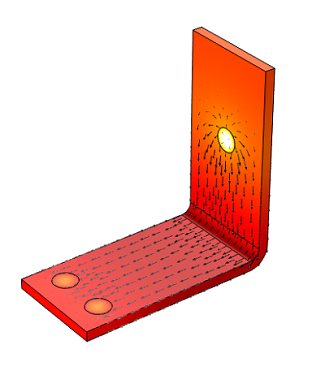
Learning to Solve Multiphysics Problems Effectively
One of the questions we get asked often is how to learn to solve multiphysics problems effectively. Over the last several weeks, I’ve been writing a series of blog posts addressing the core functionality of the COMSOL Multiphysics software. These posts are designed to give you an understanding of the key concepts behind developing accurate multiphysics models efficiently. Today, I’ll review the series as a whole.
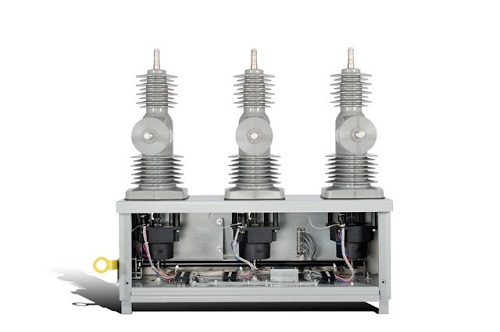
Optimizing Recloser Performance with Simulation
During snow storms or windy days, a branch might break and short-circuit a power line’s electric current as it falls. The first task of a recloser is to interrupt this short-circuit, i.e. to open or disconnect the affected overhead line from the feeding network source. The second task is to try to re-establish power after a short time by to re-closing the line, taking advantage of the fact that most of the reasons for a short-circuit of an overhead line […]
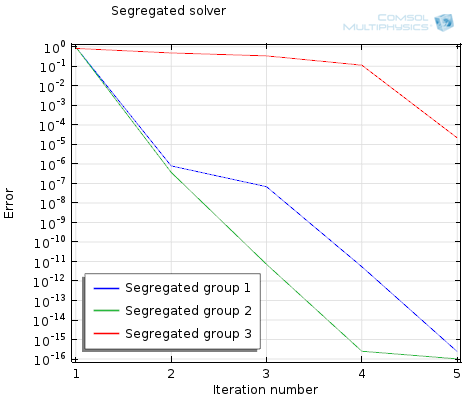
Improving Convergence of Multiphysics Problems
In our previous blog entry, we introduced the Fully Coupled and the Segregated algorithms used for solving steady-state multiphysics problems in COMSOL. Here, we will examine techniques for accelerating the convergence of these two methods.
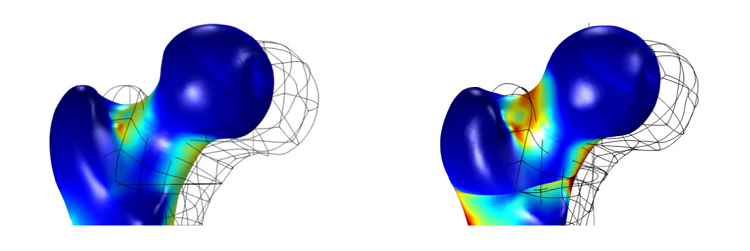
Modeling Bone Strength Using Isotropic and Anisotropic Materials
The question of exactly how strong living bones are poses many important considerations for the medical industry. There is not currently a single-purpose device in the field to test bone strength. However, it is possible for researchers to get measurements of bone strength by modeling the entire makeup of the bone and using multiphysics simulation to perform stress and strain analyses. Simulating bone strength starts with a simple map of the external topology of the bone and then delves into […]
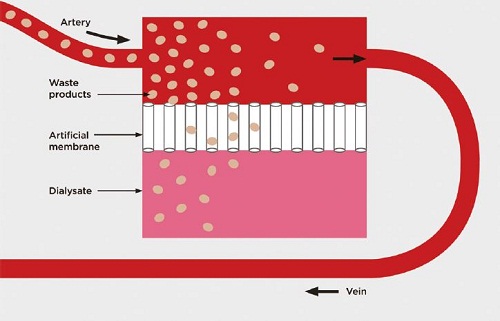
Optimizing Dialyzer Design Using Multiphysics Simulation
A while back, I had the opportunity to speak with Steven Conrad, a critical care physician at the Louisiana State University (LSU) Health Science Center in New Orleans. Not only is Dr. Conrad a physician as well as a professor at LSU, he’s also a biomedical engineer who uses finite element analysis (FEA) to conduct research on the design of dialyzers. Dr. Conrad uses COMSOL Multiphysics to gain a deeper understanding of the physics behind these devices, and to create […]
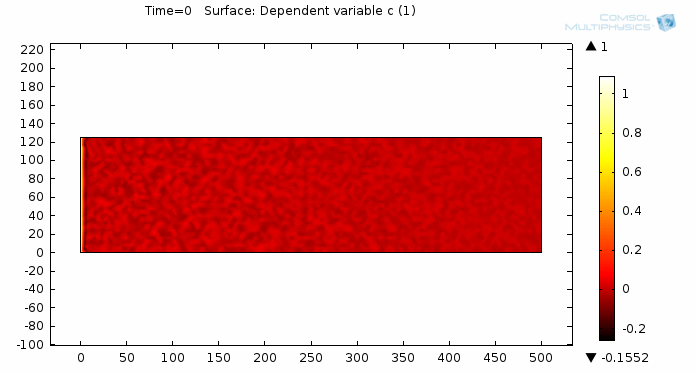
Simulating Viscous Fingering Using Equation-Based Modeling
A prospective user of COMSOL approached me about modeling viscous fingering, which is an effect seen in porous media flow. He hadn’t found a satisfying solution elsewhere, so he turned to COMSOL. I’d like to share with you some of my insight on how to go from idea to model to simulation by taking a “do-it-yourself approach” and utilizing the equation-based modeling capabilities of COMSOL Multiphysics.
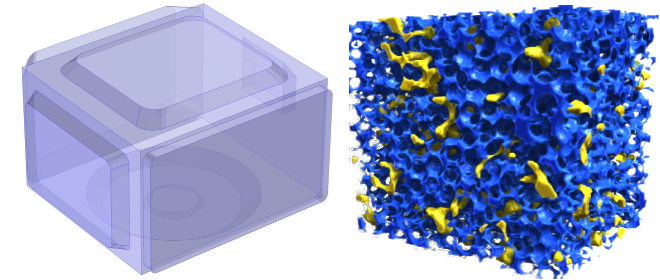
Predicting Microwave Drying of Potatoes
You may not think of reheating food in the microwave as a drying process, but as we saw at the COMSOL Conference 2013 Boston, microwave technology — the same technology used in domestic microwave ovens — can be used for drying fruits and vegetables. One poster presented at the conference featured microwave drying of potatoes and how the heat and mass transfer that occurs can be modeled to predict the drying process.
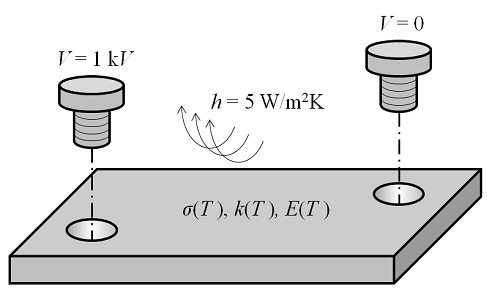
Solving Multiphysics Problems
Here we introduce the two classes of algorithms used to solve multiphysics finite element problems in COMSOL Multiphysics. So far, we’ve learned how to mesh and solve linear and nonlinear single-physics finite element problems, but have not yet considered what happens when there are multiple different interdependent physics being solved within the same domain.



